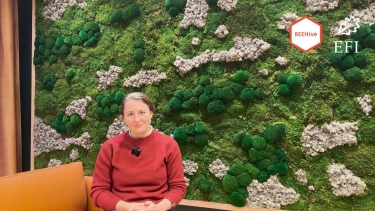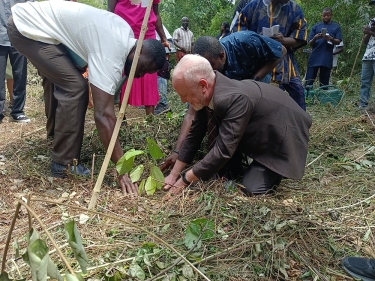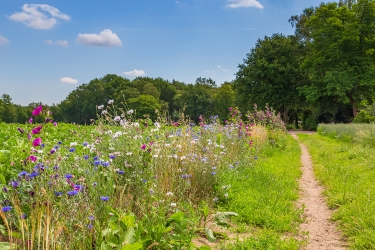Webinar: How to integrate segregation in sustainable forest management
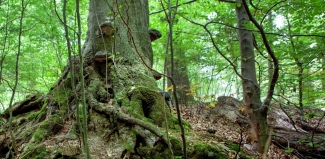
The registration for the sixth meeting of the European Network Integrate is now open! The webinar will take place on 28 September. This is the second of two meetings organised by the Danish Nature Agency, Denmark being the current chair of the European Network Integrate. The focus will be on how to integrate segregation in sustainable forest management and the tools, scale and processes involved.
Experts will speak about the challenges of setting aside forests for conservation, the importance of data on species and their ecology in the selection of sites, forest restoration, the tools to stimulate old growth elements, and the diversification of even aged forest stands.
The Integrate Network is an alliance of representatives of different European countries that promotes the integration of nature conservation into sustainable forest management at the policy, practice and research level. Forest management challenges related to nature conservation are rather similar across Europe. The Integrate Network promotes the exchange of successful management practices and experiences among its Members. The European Forest Institute (EFI) accompanies the process in its role as facilitator and scientific advisor.
Register here.
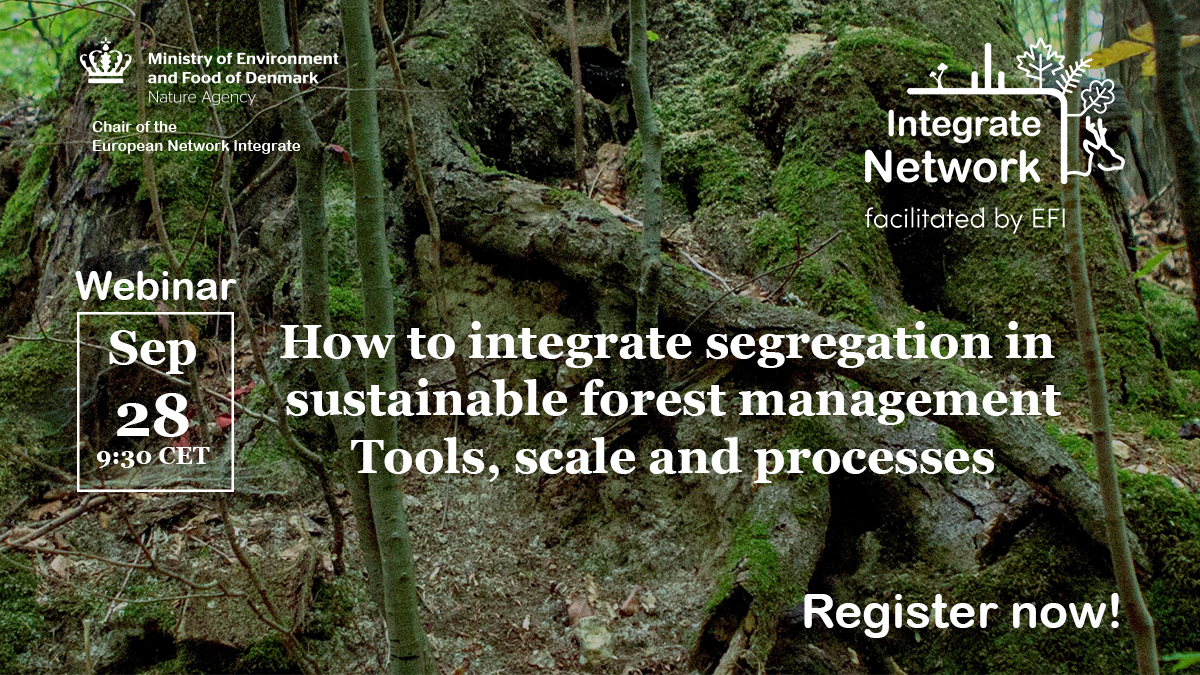
Agenda
Welcome by Chair and Moderator
- Mads Jensen, Head of Office, Nature, Danish Nature Agency
- Georg Winkel, Head of Office, EFI Bonn
9:40 - How to integrate segregation in sustainable forest management. An overview of the Danish context.
- Mads Jensen, Head of Office, Nature, Danish Nature Agency
9:50 - Keynote speaker: Incorporating 2020 targets, data on species and their ecology in the selection of sites for conservation forest
- Erik Buchwald, Danish Nature Agency
10:00 - Keynote speaker: Forest segregation for conservation: From managed forest to conservation forest. Experiences and challenges
- Yoan Paillet, National Research Institute of Science and Technology for Environment and Agriculture, France
10:10 - Keynote speaker: Forest development after 20-30 year of non-intervention. Reappearance of Old-Growth Elements and associated species. Cases from Belgium
- Kris Vandekerkhove, Research Institute for Nature and Forest (INBO), Belgium
10:20 - Keynote speaker: Speeding up the process: Active vandalism can promote habitat diversity and associated biodiversity in managed forests and recent forest reserves
- Jacob Heilmann-Clausen, Center for Macroecology, Evolution and Climate, Globe Institute, University of Copenhagen, Denmark
10:30 - Questions and moderated discussion
